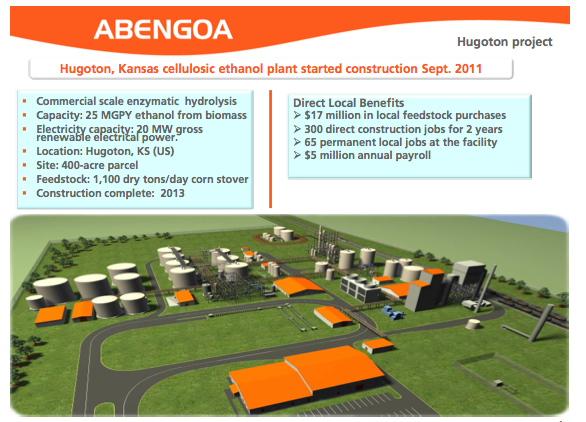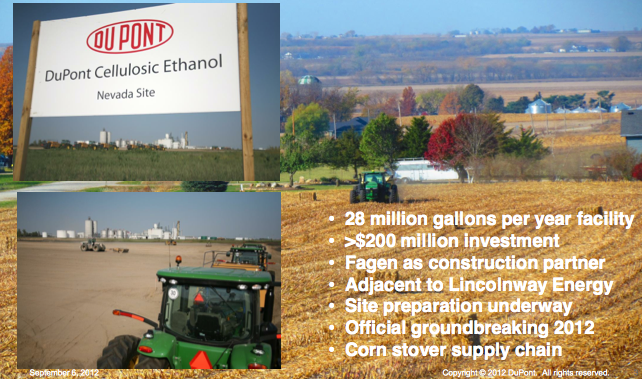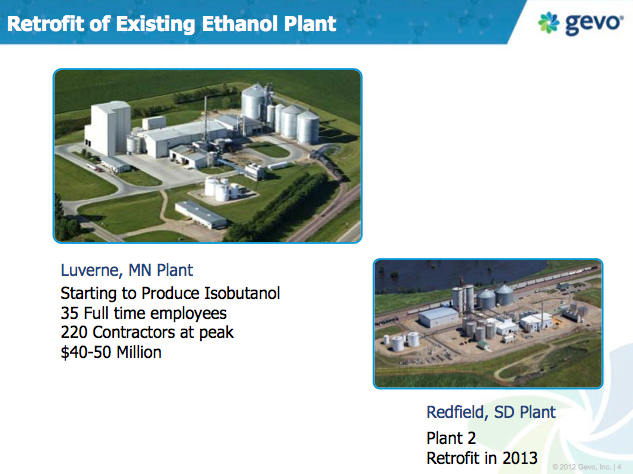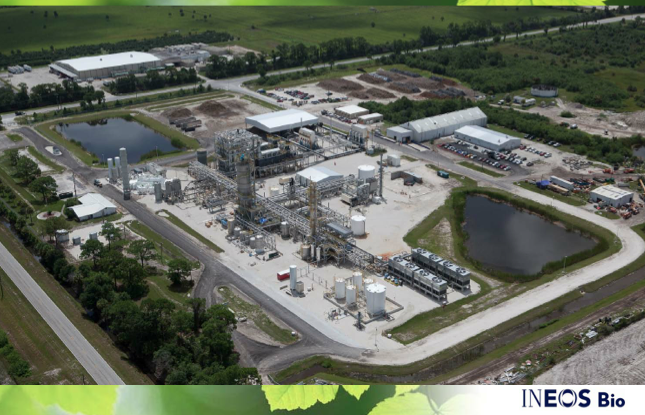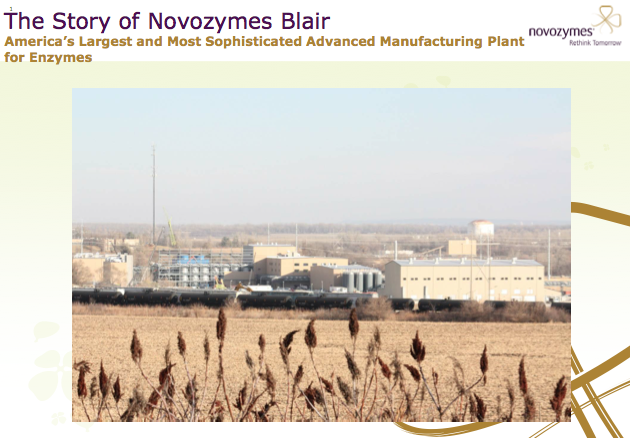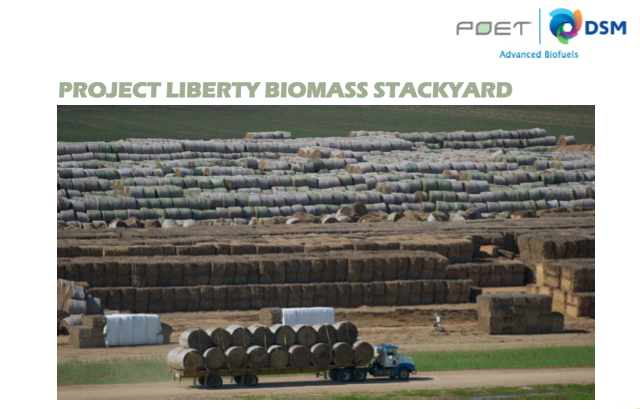I am still in the “capacity news” mode so I’ll post this press release from BIO last month covering their recent Roundtable discussion regarding capacity progress from several advanced biofuels companies.
BIO and its US biofuels members have been fighting hard this year for Congress to preserve the current Renewable Fuel Standard (RFS) status mandated by the Environmental Protection Agency (EPA).
The RFS requires 13.2bn gallons of ethanol to be produced in 2012 and 13bn gallons in 2013. Several industry food groups are arguing that the RFS requirement is aggravating the impact of drought (that spread throughout the US corn belt in summer) on food prices. Last month, more than 150 Republicans and Democrat members of Congress have signed a letter to the EPA requesting the RFS amendment.
The biofuel industry, of course, is fighting to maintain the status quo for RFS. According to BIO’s Brent Erickson, executive vice president of BIO’s Industrial & Environmental Section “the US is at critical juncture in the development of advanced biofuels and they rely on the RFS to guarantee that the US fuel market will be open to domestic alternatives to foreign oil.”
“A waiver of the RFS is unlikely to provide relief from this year’s drought. But it could extend by several years the drought in investment capital for new technologies such as advanced biofuels.” – BIO
Here are the following companies that participated in BIO’s Roundtable/Press Conference last month. Each companies presented updates on their biorefinery/biofuels projects:
Abengoa Bioenergy: Their Kansas biorefinery project is expected to start production in Q4 2013, which will produce 26.5m gal/year of cellulosic ethanol
DuPont Industrial Biosciences: The company’s 250,000 gal/year demonstration facility in Tennessee is already producing ethanol using corn stover. A 28m gal/year cellulosic ethanol plant in Iowa is being planned. Initial announcement for start-up was expected in 2013 but the blog is not sure if that timeline has changed.
Gevo: Last month, the company started shipping initial volumes of bio-isobutanol from its 18m gal/year plant in Luverne, Minnesota. (Plan was to produce 1m gal/month by year-end 2012). Gevo expects to reach full capacity run rates in Luverne by year-end 2013. The company will start retrofitting its second plant in Redfield, South Dakota, by next year, which will have a capability to produce 40m gal/year of bio-isobutanol.
INEOS Bio: The company’s 24,000 tonne/year (8m gal/year) biorefinery in Vero Beach, Florida, is expected to start producing cellulosic ethanol in 3Q 2012 using vegetative/yard waste and municipal waste for feedstock.
Novozymes: The company’s Blair, Nebraska plant, which was inaugurated in May this year, manufactures enzymes – a key component in the production of biofuels (and several bio-based chemicals). According to the company, global production capacity of advanced biofuels is expected to reach 15m gallons in 2012, and for 2014, 250m gallons are under planned construction.
POET-DSM Advanced Biofuels: The company’s Project Liberty cellulosic ethanol plant in Iowa is expected to produce 20m gal/year, which will start in late 2013, and will ramp up to 25m gal/year onwards. POET-DSM intends to replicate and license the technology to additional plants to be built at 26 other corn ethanol facilities in POET’s network. The JV will also license the technology to other producers in the US and worldwide using corn crop residue as feedstock. POET said if the technology is replicated at all of its 27 existing corn ethanol plants across the US, it could produce up to one billion gallons of cellulosic ethanol per year.
BIO also put out a picture book of biorefineries across the US which includes commercial facilities that have been in operation for as many as 10 years as well as new ones under construction.
By the way, I got this information from Biofuels Digest just this morning about a new report published by PriceWaterhouseCoopers stating that advanced biofuels production in the US and Canada is expected to increase between 1.6bn gallons and 2.6bn gallons by 2015. The report (you can now download from the green files as well) has a nice list of advanced biofuels facilities in the US and Canada.

